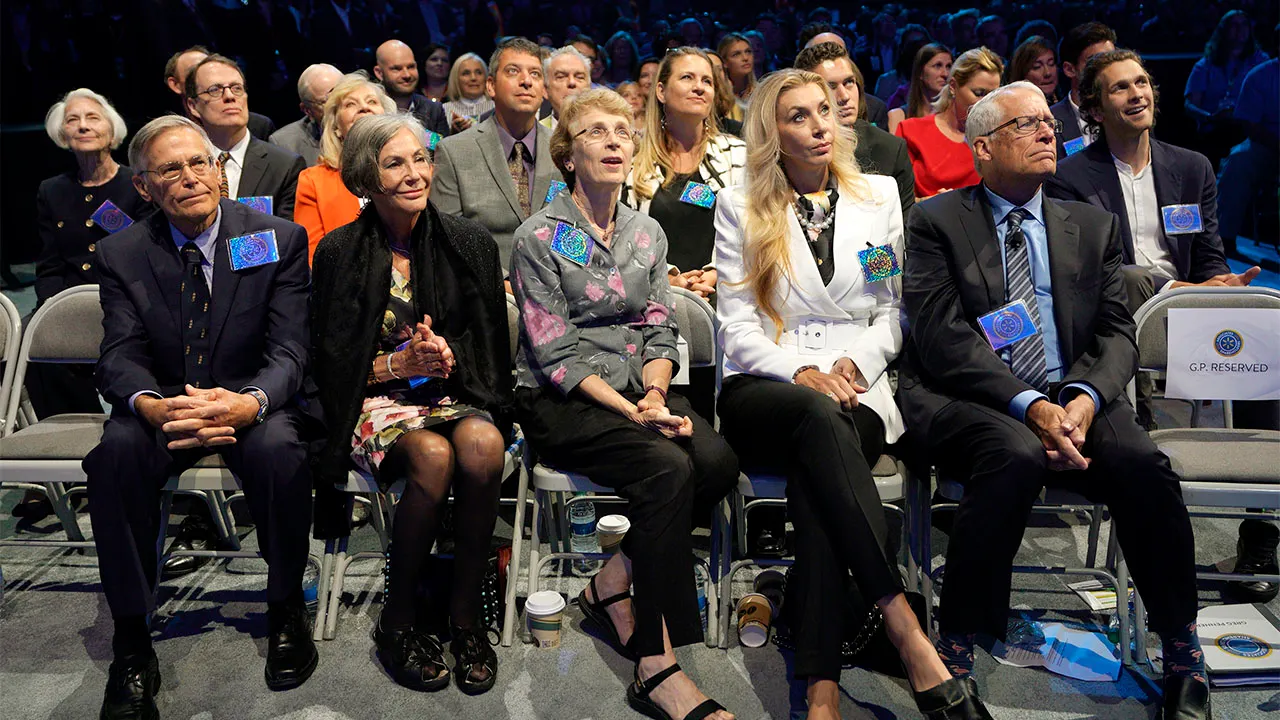In the workplace, navigating the delicate balance between professional decisions and personal relationships is crucial for maintaining a healthy organizational culture
In the intricate tapestry of workplace relationships, the concept of nepotism often raises questions about fairness, ethics, and the dynamics of professional connections.
What is Nepotism in the Workplace?
- Definition: Nepotism in the workplace refers to the practice of favoring relatives or close friends when making employment decisions. This can include hiring, promoting, or providing other professional advantages based on personal relationships rather than merit.
Is Nepotism in the workplace Unethical?
The answer isn’t a black and white one. On the one hand, it can stifle talent development, breed resentment among employees, and damage company culture. Imagine the frustration of watching someone less qualified climb the ladder simply because they share a last name with the CEO!
The ethical implications of workplace nepotism come into question as it may compromise fairness, equal opportunities, and the merit-based principles that should ideally govern professional environments.
Negative Consequences of Hiring Family Members
- Resentment Among Employees: Nepotism can breed resentment among non-family employees who may perceive unfair treatment or feel that their advancement opportunities are limited.
- Impact on Team Dynamics: The inclusion of family members may disrupt team dynamics, leading to potential conflicts or favoritism that can harm overall workplace morale.
- Reduced Objectivity: Decision-making may become less objective when personal relationships influence professional choices, potentially impacting the quality of strategic business decisions.
Positive Benefits of Hiring Family Members
- Enhanced Trust and Loyalty: Family members may bring a high level of trust and loyalty to the workplace, which can foster a strong sense of camaraderie and commitment.
- Streamlined Communication: The familiarity between family members can facilitate streamlined communication, leading to efficient collaboration and teamwork.
- Shared Vision and Values: Family members may share a common vision and values, contributing to a cohesive organizational culture.
How to Hire a Family Member
- Transparent Processes: Establish transparent hiring processes that emphasize fairness, meritocracy, and equal opportunities for all candidates, regardless of their familial connections.
- Clear Communication: Clearly communicate expectations and standards to family members during the hiring process to ensure they understand the importance of maintaining professionalism and avoiding conflicts of interest.
- Performance Evaluation: Implement fair and objective performance evaluation mechanisms to assess the contributions of family members, ensuring that promotions and advancements are based on merit.
Here are some examples and case studies to illustrate the complexities of nepotism in the workplace:
Positive Cases:
- Ford Motor Company: Henry Ford famously hired his son Edsel as the company’s president based on his innovative design ideas and passion for automobiles. Edsel’s contributions, such as the iconic Ford Model T, proved his merit and justified his appointment.
- Wal-Mart: The Walton family, owning a majority stake in Wal-Mart, has promoted several family members to leadership positions throughout the company’s history. While some critics raised concerns, some family members, like S. Robson Walton, have demonstrated strong leadership skills and contributed significantly to the company’s success.
Case Studies for Consideration:
- Netflix and the Sandberg Saga: Explore the controversy surrounding Sheryl Sandberg’s brother-in-law Robert Kotick, CEO of Activision Blizzard, being appointed to Netflix’s board. Analyze the potential conflicts of interest and ethical implications of such a close familial connection.
- Family-Owned Businesses: Look at successful family-run businesses like Samsung or Tata Group and examine their strategies for balancing family influence with professional competence. Analyze their governance structures and succession plans to understand how they mitigate nepotism risks.
Conclusion:
In the workplace, navigating the delicate balance between professional decisions and personal relationships is crucial for maintaining a healthy organizational culture.
By hiring smart, emphasizing merit-based practices, and promoting equal opportunities, organizations can create an environment that fosters success while upholding ethical standards in the hiring process.
The writer is a well-known Business Turnaround Specialist, Astro-Strategist, and Best-Selling Author.
Email: [email protected]

























